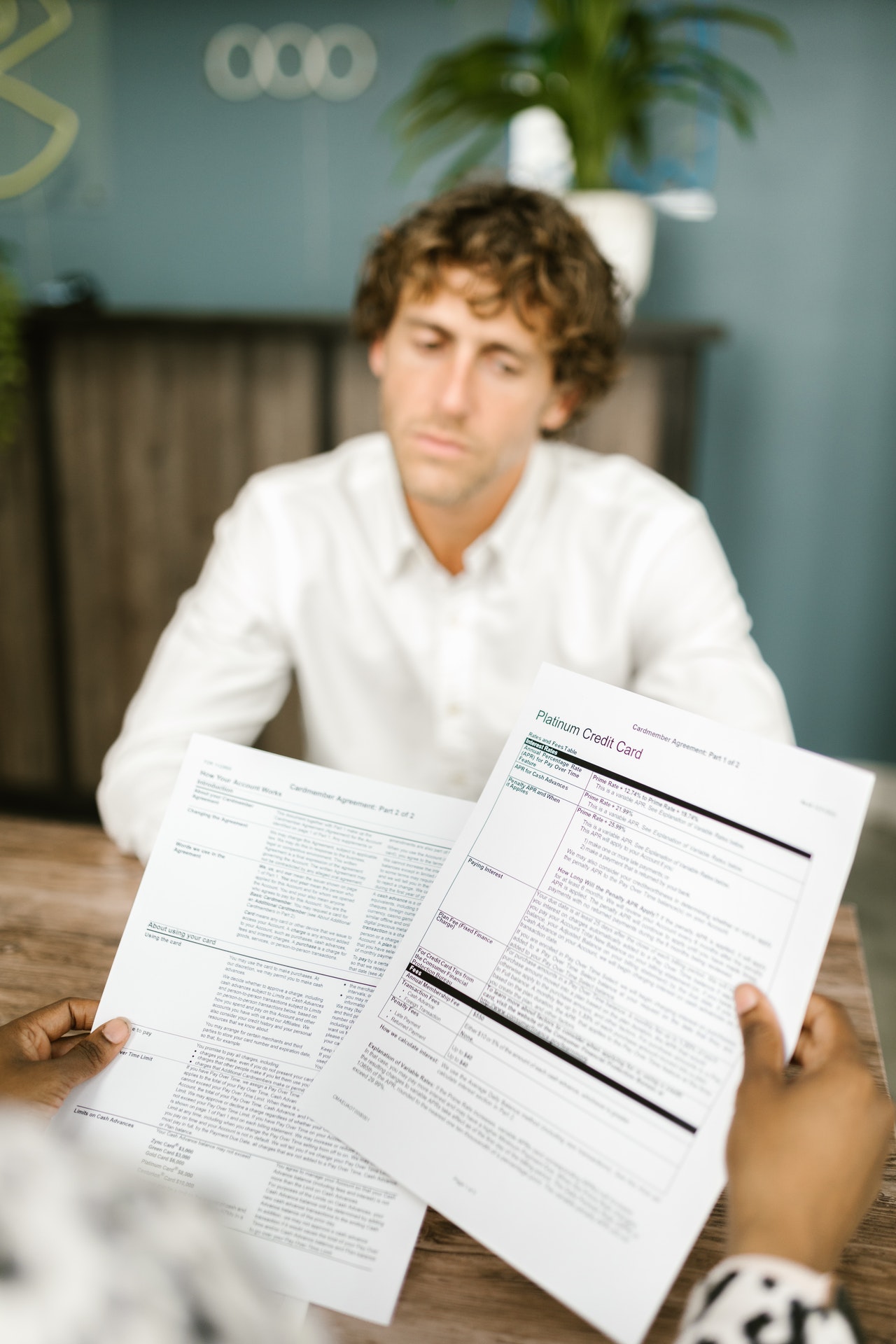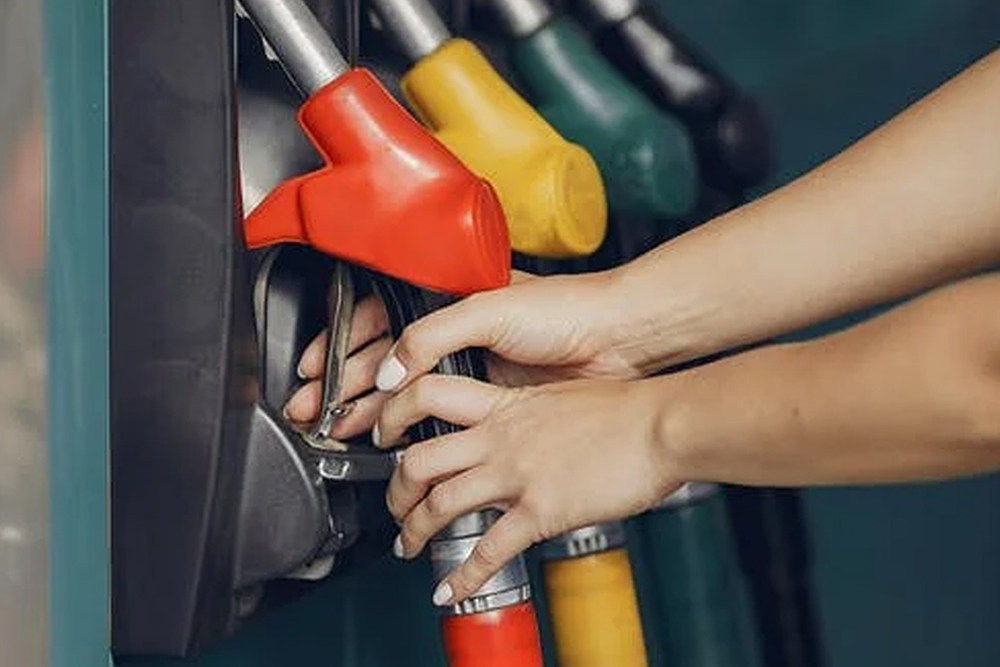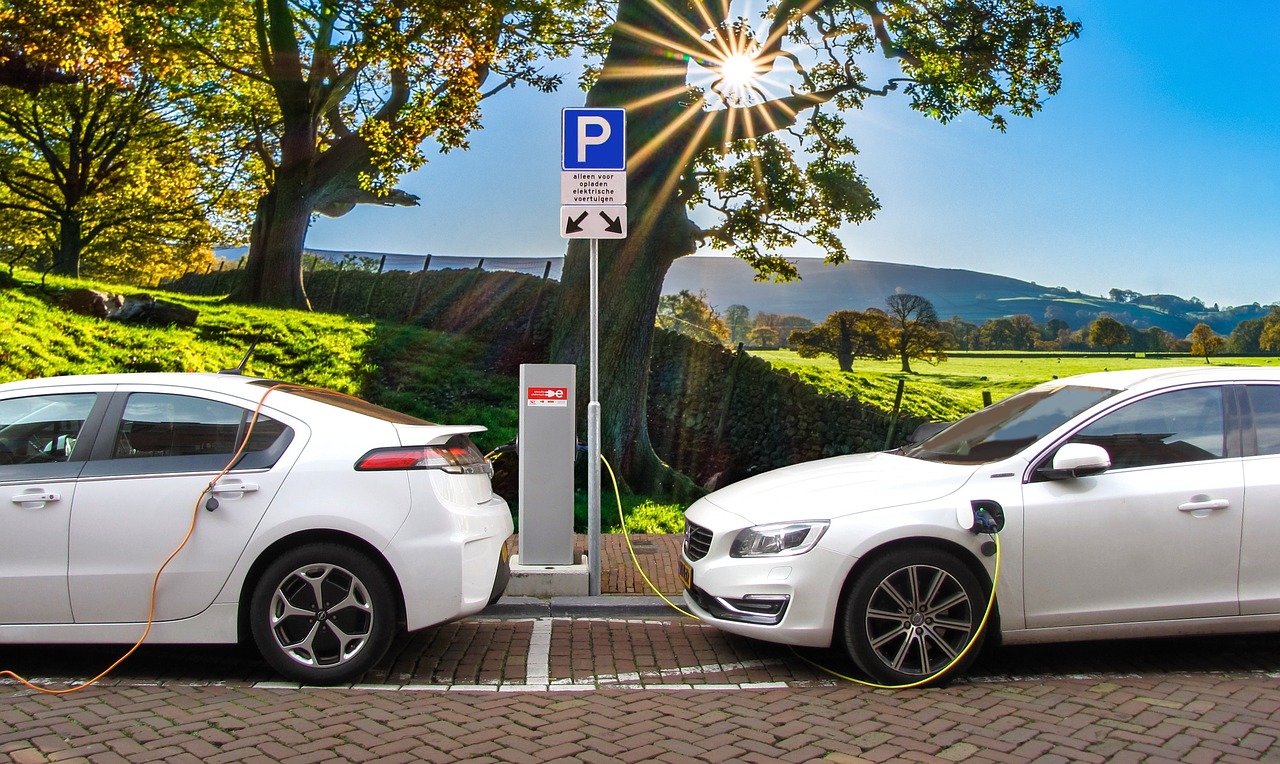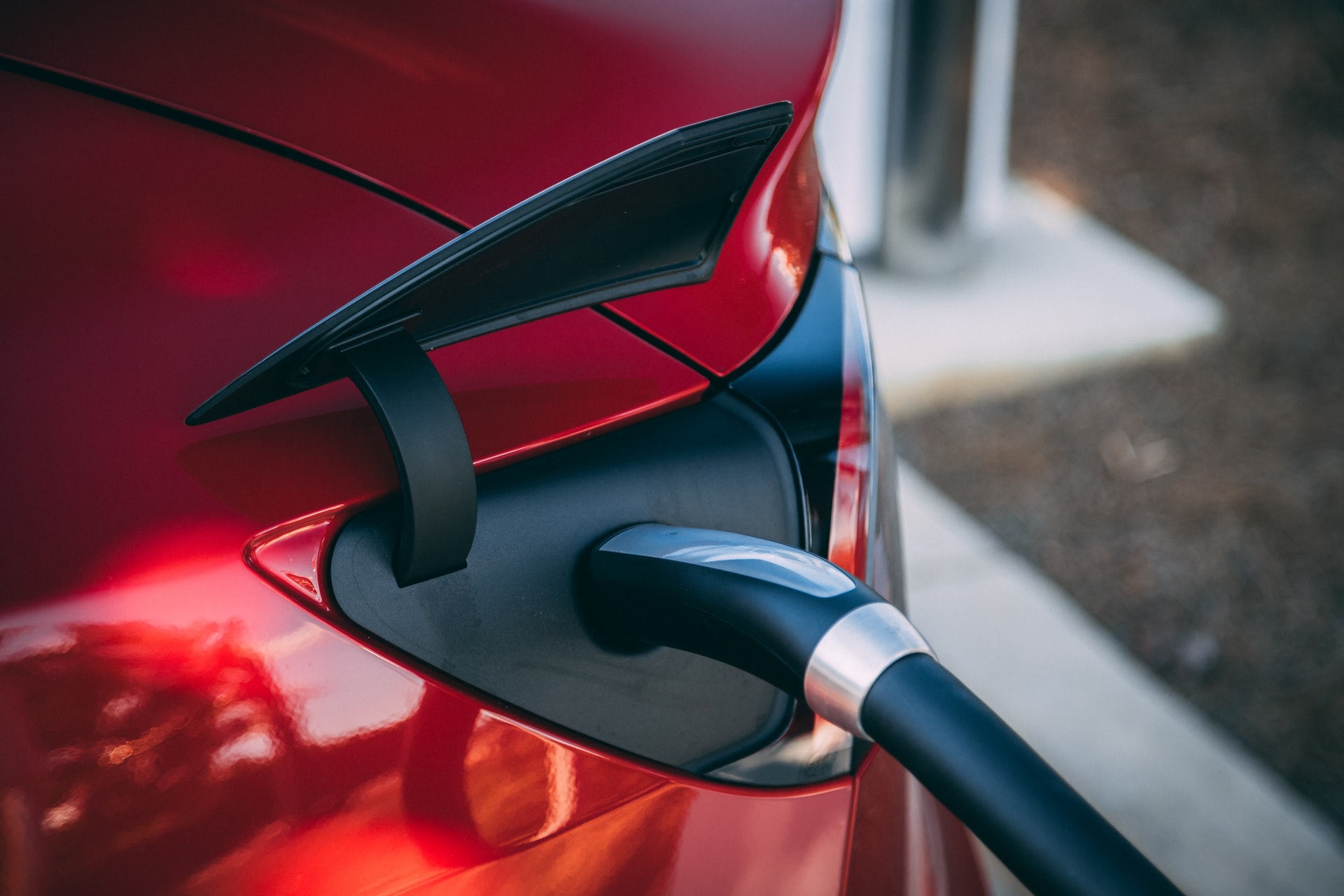
Roman Danaev
There are several different car finance options out there for you to choose from. One of the most popular options is called Personal Contract Purchase (PCP). PCP contracts allow you to purchase your car with monthly instalments over 2-5 years.
If you’re looking to finance a new car, PCP might be worth considering. This article will discuss some of the main advantages and disadvantages of PCP so that you can decide whether it’s right for you.

The Pros and Cons of PCP Car Finance
As with any type of car finance plan, personal contract purchase deals come with advantages and disadvantages. The table below gives you a good idea of what the pros and cons are of this type of finance agreement.
| Pros of PCP Finance | Cons of PCP Finance |
|---|---|
| An affordable monthly payment plan | The balloon payment can be expensive |
| You do not need to purchase the car | You will be charged for damage that falls outside fair wear and tear |
| You can choose either a new car or a used car | If your credit score is low, you’ll be charged a high interest rate |
| Flexible contract terms | You’ll be charged if you exceed your mileage allowance |
| You can refinance the balloon payment | If you cancel your contract early it might be expensive |
| If you cancel the agreement, you don’t have to worry about depreciation | You’re stuck in the contract for the full term |
| Available even if you don’t have good credit | The car is not legally yours |
Benefits of PCP
Now, let’s go into a little more detail regarding the benefits of PCP—of which there are many! Read on to find out more.
1. An affordable monthly payment plan
One of the main reasons why personal contract purchase agreements are so appealing is that they have relatively low monthly payments compared to other types of car finance agreements.
There are a few reasons why PCP monthly payments are so affordable:
- With monthly PCP payments, you are not paying for the full value of your vehicle. Rather, you are paying for the gradual depreciation of your car over the length of your contract.
- Second-hand cars are available through PCP contracts, reducing costs even more. Compared to brand new models, used vehicles don’t depreciate as rapidly.
- If you compare a number of dealers and lenders, you should be able to find ones that offer low interest rates. This brings the price down even more.
2. You do not need to purchase the car
If you want to own the car, you have to pay a lump sum at the end of your car finance agreement. This ‘balloon payment’ is a good deal more expensive than monthly PCP costs, and not everyone can afford to pay that sort of money. The good news is, you don’t have to!
You have two other options:
- Providing your car is in fair condition, and you haven’t broken your annual mileage limit, you can simply return the car.
- You can trade it in for a different model on a new PCP agreement. You can put any positive equity you have in your vehicle towards your new deal.
3. Take advantage of manufacturer discounts
Many car manufacturers offer discounts on new models to boost purchases and compete with increasingly popular car supermarkets. Most of the time, they can offer relatively low interest rates as well, meaning that when you purchase a new model, you will still be able to enjoy affordable monthly fees.
4. You can choose either a new car or a used car
PCP contracts used to only be available for new cars, but you now have the freedom to choose to finance second-hand purchases with them as well. This means you have an even greater number of vehicles to choose from and can find the perfect car for you at the perfect price point.
Of course, there are advantages and disadvantages to both second hand and new vehicles. While used cars do not decrease in value as rapidly as new cars do, new vehicles benefit from warranty protection and lower mileage rates.
If you decide to purchase second-hand, you should ensure that a full service history comes along with your vehicle. You can also visit GOV.UK to double-check a car’s history free of charge.
5. Flexible contract terms
Another draw of personal contract purchase deals is their high degree of flexibility. You can decide how much money you want to pay upfront, how long you want the car finance deal to last, what you want your annual mileage limit to be (so long as it’s between 6,000-3,000 miles), and more.
As we’ve discussed above, you also get to choose between new and second-hand cars and can even decide if you want to purchase the car at the end of the PCP contract. The flexibility of PCP contracts makes them an attractive choice for all sorts of people in all sorts of financial situations.
6. You can refinance the balloon payment
If you want to purchase the car at the end of your contract but don’t have the cash for it, you can always refinance the balloon payment. You can do so with another PCP deal, other financing agreements, or personal loans. That way, you don’t need to worry about paying off that big lump sum all in one go.
7. If you cancel the agreement, you don’t have to worry about depreciation
If at the end of your car finance period or contract you decide that you don’t want to buy the car or trade it in on PCP, you can just hand it back in and walk away. At that point, you no longer have to concern yourself about depreciation.
8. You don’t have to pay a deposit
With PCP contracts, you get to benefit from zero deposit options, meaning you can drive away in your new car without worrying about making a large down payment first. That being said, the larger the deposit you make, the smaller your monthly payments will be, so there is a benefit to putting down a deposit if you can afford to. If you can’t, however, it’s not an issue!
9. Available even if you don’t have good credit
Even if you don’t have the world’s best credit score, you can still be accepted for a PCP contract. This makes PCP contracts a more viable option for those who are looking for car finance with bad credit score than, for example, personal loans or leasing.
10. Possible positive equity
Positive equity happens when you owe less money for a financed car than the vehicle is currently worth on the market. If you have positive equity by the end of your PCP contract, you can put that towards your next car.

Disadvantages of PCP
Now that we’ve detailed some of the main benefits of PCP contracts, we’ll now take a look at the disadvantages as well. Read on to find out more about the drawbacks of PCP deals.
1. The balloon payment can be expensive
A major downside of car finance with a balloon payment is that this lump sum can be quite expensive. This payment is optional, of course, but if you do want to purchase the car at the end of the agreement, you’ll either need to make the payment or refinance it.
On the plus side, the size of the final payment remains consistent throughout the length of your contract. If you think you will be interested in purchasing the car when your deal comes to an end, you know how much you have to save to be able to do so.
2. You will be charged for damage that falls outside fair wear and tear
If you plan to return your vehicle at the end of your contract, you’ll have to make sure that it’s in good condition and isn’t excessively damaged. The car doesn’t need to be in the same condition as it was in the showroom, but it cannot have too much wear and tear. If it is excessively damaged, you will have to pay a charge to have a garage fix it.
3. If your credit score is low, you’ll be charged a high interest rate
While PCP contracts are available for people with bad credit, that doesn’t mean that the cost won’t be affected by your credit score. If your rating is low, your lender will most likely charge fairly high interest rates that will bump up your monthly payments.
4. You’ll be charged if you exceed your mileage allowance
When you agree to the terms of your contract, you will agree on a maximum number of miles you can drive in a year. If you exceed this limit, you will be charged a certain amount of money per mile. This charge varies between different finance companies but is usually between 4p and 10p.
If you end up racking up more miles than you expected, get in touch with your lender. For the most part, lenders understand that circumstances change, and can help you out by adding more miles to your contractual agreement.
5. If you cancel your contract early it might be expensive
Before you can cancel your contract early, you will have to have paid 50% of the total finance contract, including fees, tax, and the final balloon payment. Because of this, ending your contract early can end up being quite expensive.
If you decide to end your agreement after you’ve already paid over 50% of the total finance, note that you will not be refunded for any of the extra money.
6. You’re stuck in the contract for the full term
While you can end your finance agreement early—a process known as Voluntary Termination—this can get quite expensive, as the above point has shown. Otherwise, you are stuck in the PCP agreement for the entire duration of your contract.
7. The car is not legally yours
A final disadvantage of PCP car finance deals is that you don’t legally own the vehicle, unlike when you pay for a car using a personal loan and own it the second you transfer your funds to the dealership or seller. You can purchase the car at the end of your agreement if you like, but up until that point, the car is the legal property of the finance company.
Alternatives to PCP
If, after reading this article, you aren’t sold on the idea of PCP deals, there are other options out there for you to choose from. As well as things like personal loans, there are different kinds of car financing agreements that might suit you better.
The main alternatives to PCP car deals are:
- Hire Purchase (HP). A hire purchase finance agreement is a kind of finance contract for people who want to purchase their vehicles. After an initial deposit, you make fixed monthly payments towards the full price of the car. At the end of your agreement, you can either return the car or pay a small fee of between £100 and £200 to purchase the vehicle.
- Personal Contract Hire (PCH). Commonly known as leasing, PCH agreements are for people who aren’t concerned with owning that car at the end of the deal. After paying an initial fee, you will then make fixed monthly payments based on your car’s depreciation.Personal Contract Hire (PCH). Commonly known as leasing, PCH agreements are for people who aren’t concerned with owning that car at the end of the deal. After paying an initial fee, you will then make fixed monthly payments based on your car’s depreciation.
- Personal loans. With a personal loan, you borrow the money you need for your vehicle from a bank or other lender and pay it back over around 1-7 years with interest. This method is for people who want to own their car the second they take delivery of it.

So, Is PCP Worth It?
Ultimately, only you can decide whether a PCP contract is a good car finance option for you. Everyone has their own needs and priorities when it comes to their cars and how they finance them. If you value the flexibility that PCP agreements allow for, then it may well be worth considering.
If you aren’t sure whether PCP is the car finance method for you, it might not hurt to get a second opinion. Our experts here at Carplus are always happy to help, so get in touch if you need any advice!
Read more about PCP:
- PCP car finance or bank loan
- What are PCP mileage limits?
- Advantages & Disadvantages of PCP
- What happens at the end of a PCP term?
- How to refinance a PCP balloon payment on a car?
- Can you trade in a PCP car to another dealer?
- PCP vs Lease: What’s Better for You?
- PCP vs. HP: What is the best option for me right now?
- What deposit will I need to pay for a PCP deal?
Contents
Latest News
| Loan amount: | £16,000 |
|---|---|
| Length of loan: | 60 months |
| Interest rate: | 12,9% |
| Amount of interest | £5,793.84 |
| Total payment: | £21,793.84 |





